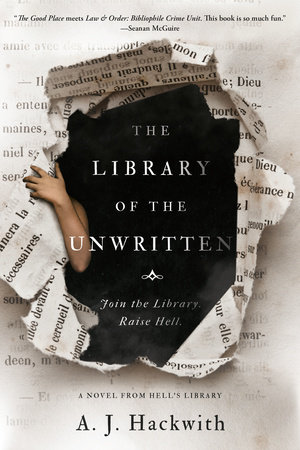| The Library Book |
The fire that gutted the Los Angeles library in 1986 was
shocking to staff, patrons and the community at large. This was a library that housed research
collections, the largest record of patents in the U.S., a history of the
entertainment industry in L.A., a huge collection of maps, as well as popular
reading and children’s material. The
L.A. library was very well used at the time, creating a hub of humanity in an
otherwise impersonal downtown L.A. To
have a building, or rather an institution like this destroyed by fire was
devastating for many.
But how did the fire start?
Susan Orlean delves into the investigation, the witnesses, and the prime
suspect to an arson, Harry Peak. Orlean
is clearly fascinated by the idea that someone could burn down a library, and
she has extensively researched Harry Peak’s background. Harry is an enigma, a man who changes his
story at every turn, and who is somewhat down on his luck. He’s a good-looking wannabe actor like so many
others. But how does this translate into
becoming an arsonist?
Chapters on the fire and subsequent investigation are
interspersed with a history of the L.A. Library, including its eclectic list of
City Librarians. These include Charles
Lummis, a man who walked from Ohio to California and whose favourite
accessories included a sombrero and moccasins, and women like Tessa Kelso and
Mary Jones who abolished membership fees and began to make the library
accessible for children. Readers learn
about the lives of many of the librarians as well, as Orlean asks what drew
them to libraries in the first place.
Maybe it’s because I’m a librarian, but I loved this book. (Actually, my son’s basketball coach
recommended it, so I think it appeals to many.)
It’s not just a dry history of a particular library. Rather, it’s a celebration of the institution
we call the library. It details its
evolution from book depository to community gathering place. It revels in the library’s role in education,
democracy and equality. And it underscores
the idea that rather than become obsolete, libraries have matured, and continue
to meet their communities’ ever-changing needs. If you love the library for any
reason, I highly recommend this book!

